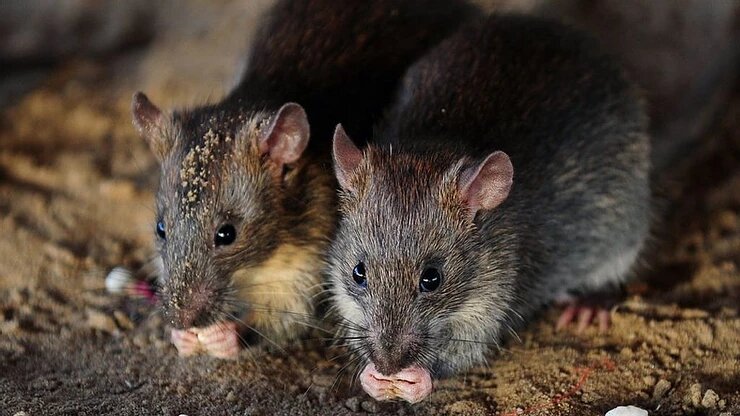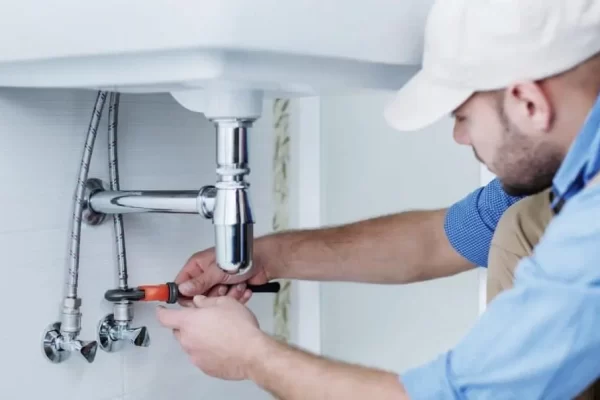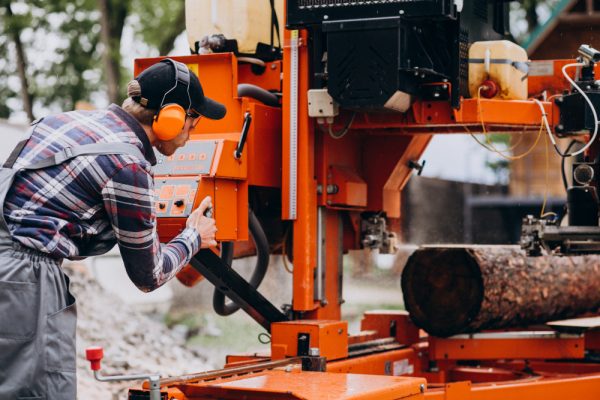Just about everyone these days knows about the dangers that mice represent. They can help cause plagues, like what happened during the Black Death. Their droppings can also contaminate food and water, spreading other types of disease like House Fires.
What’s more, mice can gnaw on just about anything, in their relentless search for food and nest-building materials. They can chew through wood to get through even the smallest holes, such as a hole the size of a dime. They’ll ruin your books and other stuff around the home.
But they also cause fires, and that’s one of the more dangerous risks that come along with mice infestations. That’s because mice and rats chew on electrical wires as well. According to professional fire fighters, about 1 in 5 fires with “undetermined causes” were probably caused by mice and other rodents.
What’s with All the Chewing?
It’s true that mice are in constant search for food, along with various materials they might be able to use when building their nests. But it’s also because the teeth of mice and rats don’t stop growing, with incisor teeth that actually butt up against one another. Experts say that mice feel the instinctive urge to chew stuff simply because chewing keeps their incisors from growing too long. It’s a biological imperative, as rodents with severely overgrown incisors can actually starve to death.
Because of these teeth, the mice are able to chew through stuff that you might not even think about. They can chew through plastic pipes, wallboards, and even aluminum and soft concrete. They’re just that relentless.
Mice and House Fires Insurance Companies
The typical homeowner insurance policies generally have exclusions that include infestations of insects and rodents such as mice. That means if you have mice in your home, it’s the homeowners’ job to take care of it as part of the regular home maintenance. Paying for getting rid of the mice will have to come out of pocket. The insurance company won’t pay for the mouse traps you buy, or if you go with professional pest control services.
Mice can transmit several types of disease, and the homeowner insurance policy won’t cover the medical expenses, either. For that, you will need health insurance instead.
The insurance company, however, will usually cover any losses resulting from some hidden damage or unexpected issue. That may include a situation that involves mice chewing into electrical wires, resulting in a fire. The losses may be covered. But in some cases, this is only true if the mice infestation wasn’t noticeable at all. If you knew there was a mice infestation and did nothing about it, then there may be problems. (masalabox.com)
How Mice Can Cause house Fires
With the common electrical wire, you have metal wires inside the plastic insulation. Obviously, the wires can get very hot with electricity running through it, which is why you don’t touch the live wires.
But mice like to chew, and the plastic insulation is one of the common things they chew on. That can lead to exposed electrical wires, leading to a short circuit. The short circuit can then result in heat or sparks that can ignite nearby flammable materials, leading to a fire.
There have been some cases with mice chewing through wires and getting electrocuted. And if their nest is next to a furnace, then the hot surface of the furnace can ignite the nest. These are all possible situations.
What Can You Do About House Fires?
First off, you should try to prevent a mice infestation in the first place. Here are some preventive measures you can do:
- Seal all the cracks and gaps along the foundation of your home.
- Close every opening that is at least ¼ of an inch in diameter. Mice can squeeze through holes the size of a dime. You will have to be very thorough, checking all the walls and even the roof.
- Trim the shrubs and trees near your home, so they don’t act as bridges for mice to get inside your house.
- Trim your lawn as well, so you don’t have long grass leaves as cover for traveling mice.
- Get rid of all potential nesting sites outside your homes. These include old cars and wood piles.
- Don’t leave your basement bulkhead open.
- Keep your garage door closed.
- Don’t leave food sources outside your home, such as pet food and bird feeders.
- In fact, try to get rid of any fruit that has fallen from the trees on your property. These fruits are alluring treats for rodents. Harvest your fruit trees and garden regularly.
If you do notice mice flea droppings and other signs of mice infestation, do your best in implementing proper pest control methods. Use many different types of traps, place them in likely mouse routes, and use the best bait to use on mouse traps.
Better yet, go with professional pest control services with experience dealing with mice infestations. That way, you don’t risk a house fire caused by mice and rats.





